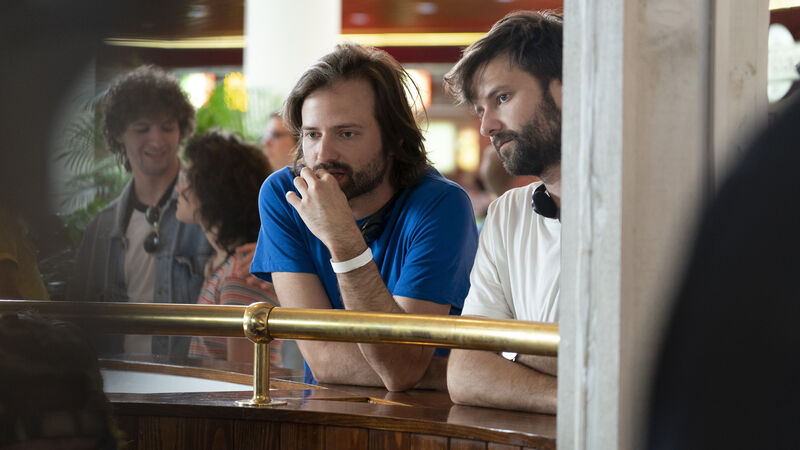Cork researchers find playing Dungeons & Dragons is good for mental health

Dungeons & Dragons played a prominent role in the hit Netflix show Stranger Things.
Playing the legendary table-top fantasy game Dungeons & Dragons is good for your mental health, a new Irish study has found.
The researchers at University College Cork (UCC) say their findings pave the way for clinicians and psychologists here to further explore the benefits of the role-playing game as a therapeutic tool in healthcare settings.













